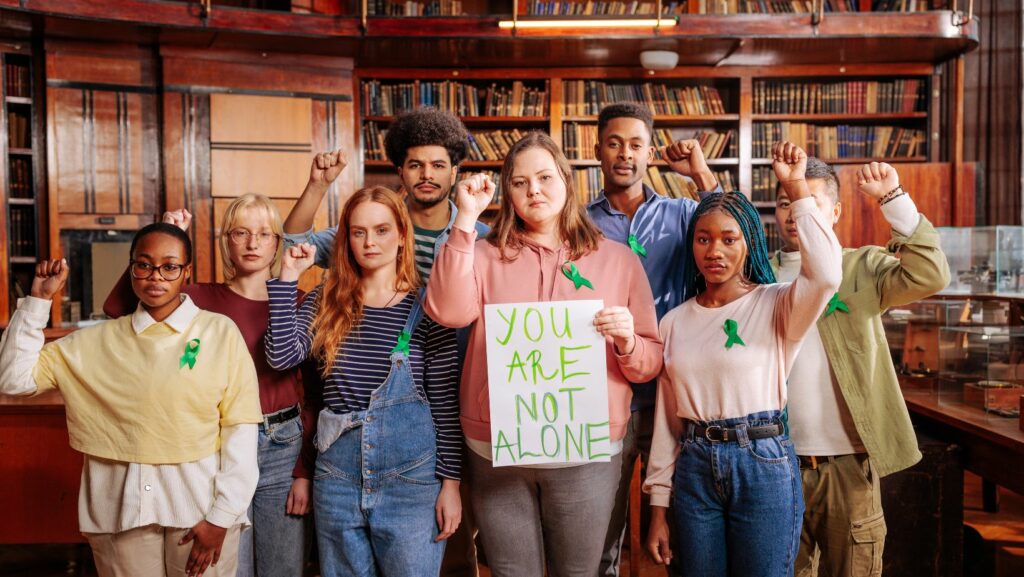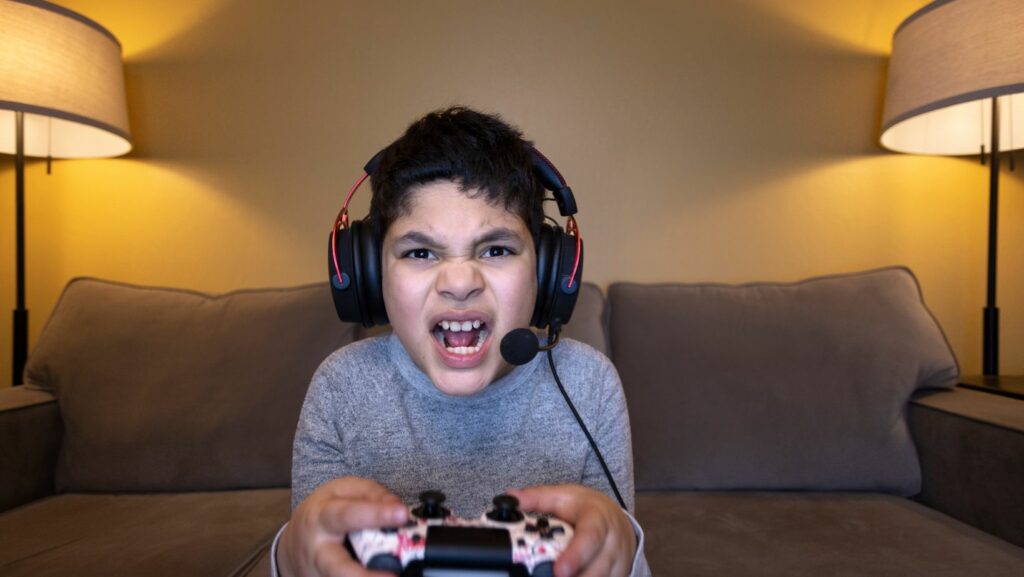Mental Health Games and Activities for Workplace
The workplace often serves as a pioneer in prioritizing mental health. It’s a place where initiatives catering to mental health can make a significant difference by fostering teamwork, reducing stress, and promoting well-being.
Mental Health Games and Activities for Workplace holds paramount importance in the work ecosystem. It’s an indispensable factor influencing productivity, workplace dynamics, and job satisfaction. An emphasis on mental health introduces a culture of empathy and understanding, replacing workplace stigma with supportive conversation.

Mental health initiatives contribute to reduced absenteeism, reflecting a drop in stress-related leaves. They also ensure constant employee engagement, fostering a sense of unity among teams. For instance, companies like Google, Amazon, and LinkedIn have integrated mental health measures into their work policies to maintain employee wellness
An employee’s mental health directly links to their job performance. Chronic stress, anxiety, or depression, can bring about a decline in work quality, affect decision-making skills, and stifle creativity. Frequent mental health breaks, activities, and games play a pivotal role in mitigating these effects. Studies show, for example, a 20% increase in productivity when mental health activities are regularly incorporated into the work schedule. Functioning in a mental health-conscious environment, employees demonstrate improved concentration, enhanced problem-solving abilities, and a heightened sense of morale. These changes pave the way for a more effective, efficient, and happy workforce.
Role of Games and Activities for Mental health
The application of games and activities as tools for promoting mental health enters new realms when employed in the workplace. They are a powerful resource to enhance employees’ psychological well-being and foster a nurturing work environment.
Recreation, including games and activities, exhibits an established relationship with mental health. Instances include increased focus, reduction in stress, and enhanced mood.

A study from the American Journal of Preventive Medicine added substance to this claim, asserting that regular recreational activities lessen the risk of depressive moods by approximately 26%. Creating stress-free zones through recreational activities plays a critical role in combating mental health issues and encouraging a healthier work climate.
Delving into the science behind gaming reveals an intriguing aspect of its impact on mental health. A study in the Journal of Affective Disorders reports that strategically designed video games stimulate positive cognitive changes. For example, games demanding a high level of cognitive focus contribute to improved attention span, heightened problem-solving skills, and enhanced memory function. The principle of neuroplasticity – the brain’s capacity to create and reorganize synaptic connections, particularly in response to learning, experience, or injury – offers insights into how games impact the brain. This principle, coupled with the essential elements of strategy and problem-solving found in games, presents a potent tool for advancing mental health in the workplace.
Various Mental Health Games Suitable for the Workplace
Group games in the workplace not only promote teamwork, but they’re also effective in enhancing mental health. They strike a balance between productive stress and relaxation, optimizing employees’ mental well-being. Mindfulness dice, a game involving a cube printed with various calming activities, stands as one popular option. Upon throwing the dice, the player practices the relaxing activity displayed. It’s both fun and beneficial for mental health.

Charades that involve mental health terms also earn a spot on the list. Players draw a term, depict it without speaking, and others strive to identify the term. Both these games allow for mental relaxation in a relaxed, fun-filled environment.
As for remote employees, virtual games assume a pivotal role in ensuring their mental health. Online multiplayer games like Chess, Scrabble, or Words with Friends encourage interaction and contribute to a healthy and enjoyable remote workflow.
Virtual reality (VR) games, like Guided Meditation VR, though may require advanced equipment, deliver fruitful results. These immersive experiences transport employees to calm and peaceful virtual landscapes, stimulating relaxation, enhancing focus, and elevating mood.
Symbol Sudoku, available online, adds another virtual game fostering mental health. It aids in relaxation while enhancing problem-solving skills. Hence, such virtual games go a long way in securing mental health for remote employees.



